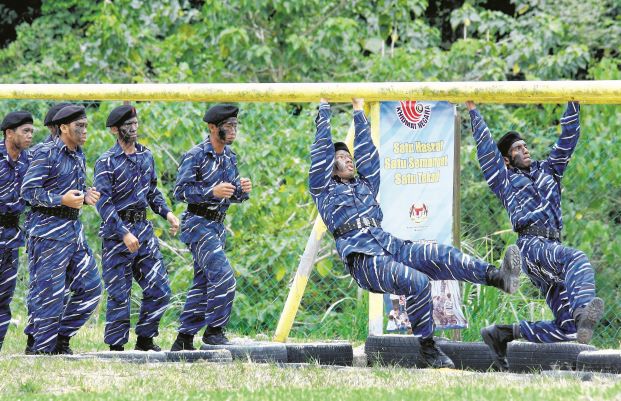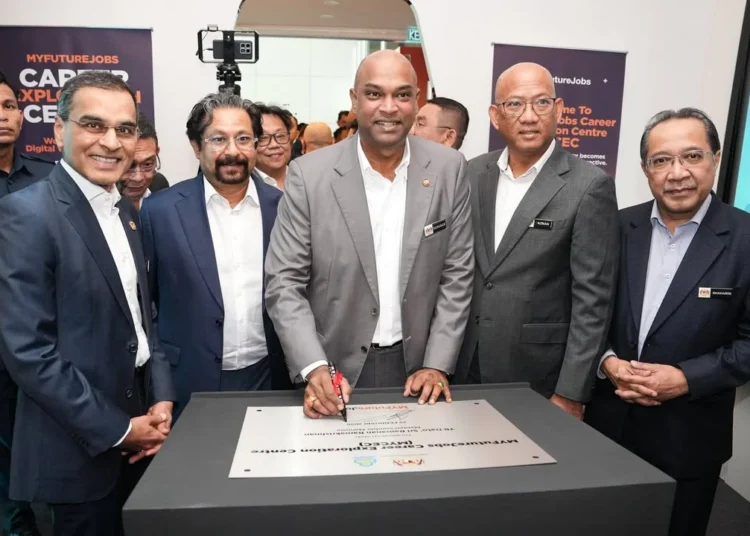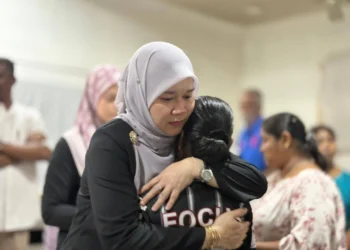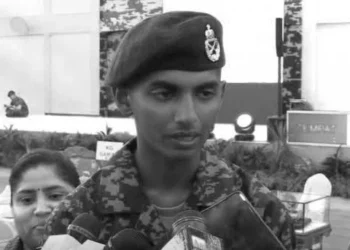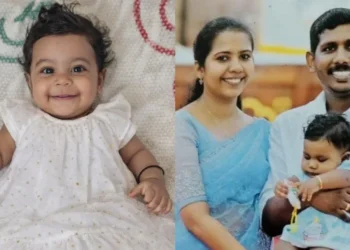The National Service Training Programme (Program Latihan Khidmat Negara or PLKN) in Malaysia was a significant government initiative aimed at fostering unity, patriotism, and nation-building among the country’s youth. The program was introduced in 2002 and continued until 2018, after which it was officially suspended. It was designed to provide young Malaysians with the opportunity to develop essential life skills, physical fitness, and a sense of national identity.
In 2015, the National Service Training Programme faced a one-year hiatus as the federal government sought to reduce expenditures. In 2016, the program made a comeback in the form of PLKN 2.0, with the intention of making participation entirely voluntary by 2019.
However, on August 13, 2018, under the leadership of the new federal government, Youth and Sports Minister Syed Saddiq Syed Abdul Rahman made the significant announcement that both the PLKN and the National Civics Bureau (BTN) programs were abolished.
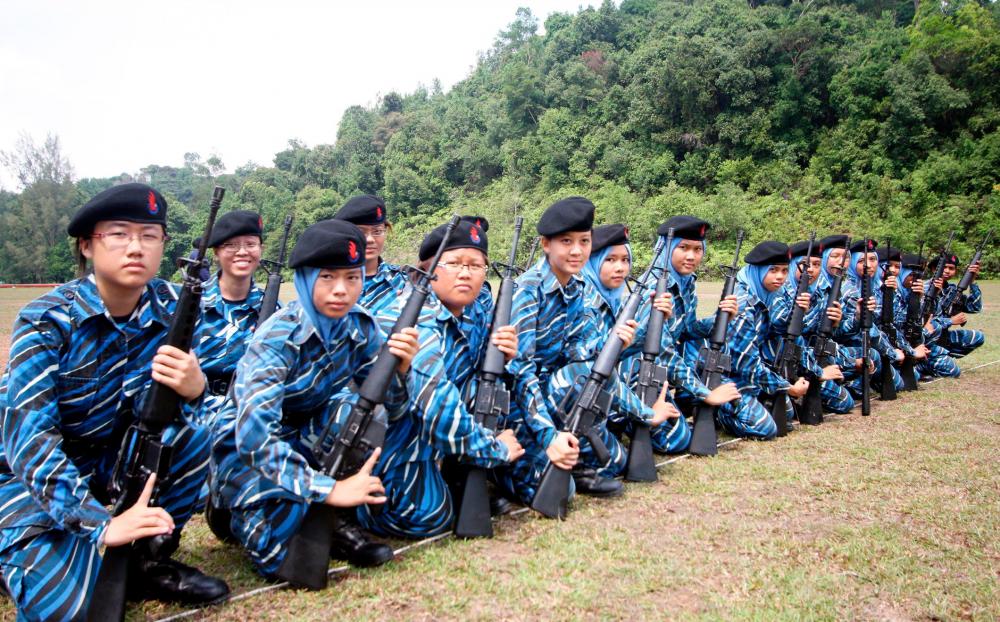
Recently, the Defence Minister Datuk Seri Mohamad Hasan provided detailed information about the renewed National Service Training Programme, referred to as PLKN 3.0. This new version of the program was reintroduced, and in response to a question from Dr. Mohammed Taufiq Johari, a Member of Parliament for Sungai Petani, the Minister explained that it follows a two-phase structure and is aimed at Malaysian youth aged 16 to 35.
The initial phase of the program will primarily involve Form 4 students and will take place within school premises. This phase will emphasize the active engagement of students in various uniformed extracurricular activities, encompassing a diverse range of options like scouting, law enforcement, and firefighting.
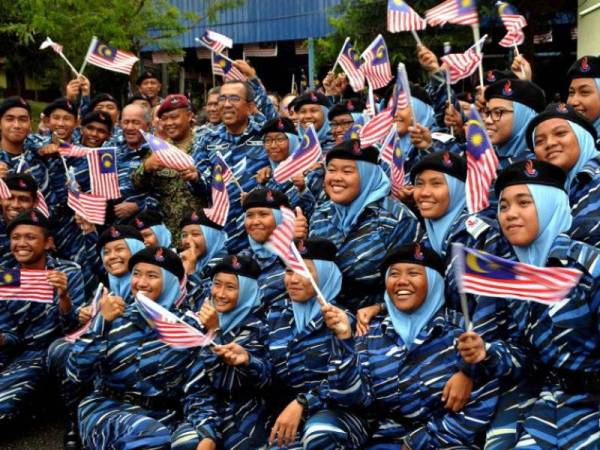
It’s worth noting that Form 5 students have been excluded from the initial phase to ensure they can concentrate on their Sijil Pelajaran Malaysia (SPM) examinations.
The second phase, referred to as Phase 2, takes place after the school-based activities and is specifically designed for those who have completed their SPM exams. This stage of the program spans over 45 days and is divided into two main components:
Fundamental Military Training (90%)
This part of the program focuses on equipping participants with essential military skills and knowledge. It includes training in areas like physical fitness, discipline, teamwork, and basic military procedures. The goal is to instill a strong sense of discipline and teamwork among the participants.
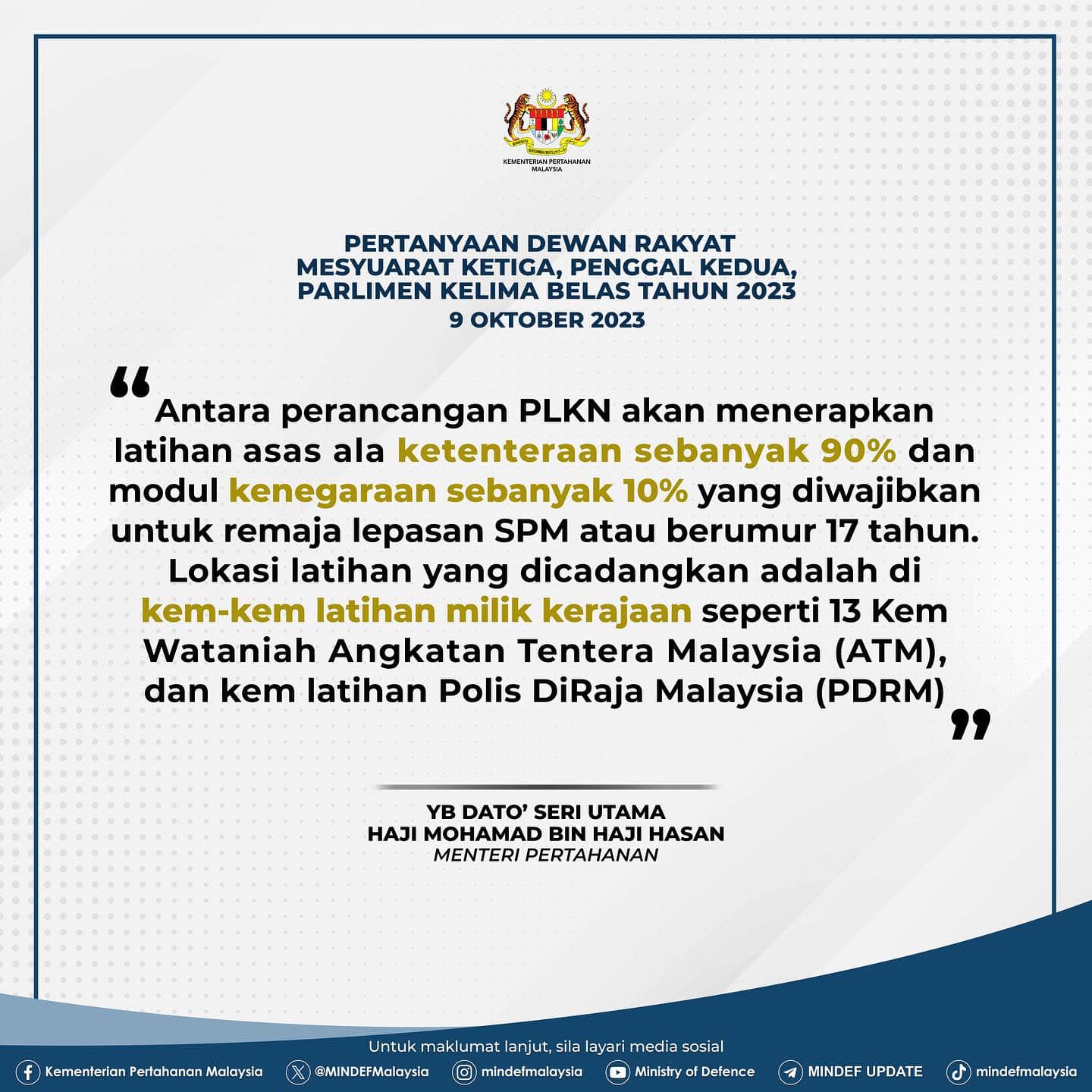
Nation-Building Endeavors (10%)
The remaining 10% of the program is dedicated to activities that contribute to the development and unity of the nation. These activities may involve community service projects, civic education, or other initiatives aimed at fostering a sense of national identity and responsibility among the participants.
By dividing the program into these two distinct phases, it allows Form 5 students to focus on their crucial SPM exams, while SPM graduates can engage in a well-rounded program that combines military training with nation-building efforts.
This statement raised concerns within the community, as there was apprehension that individuals in their 30s might be compelled to participate in the national service training program, even though the program’s age limit spans from 16 to 35 years.
The extended age limit for the program, which encompasses individuals up to the age of 35, led to worries that adults in their 30s could potentially be drafted or required to join the program. This created a sense of unease and uncertainty within the community.
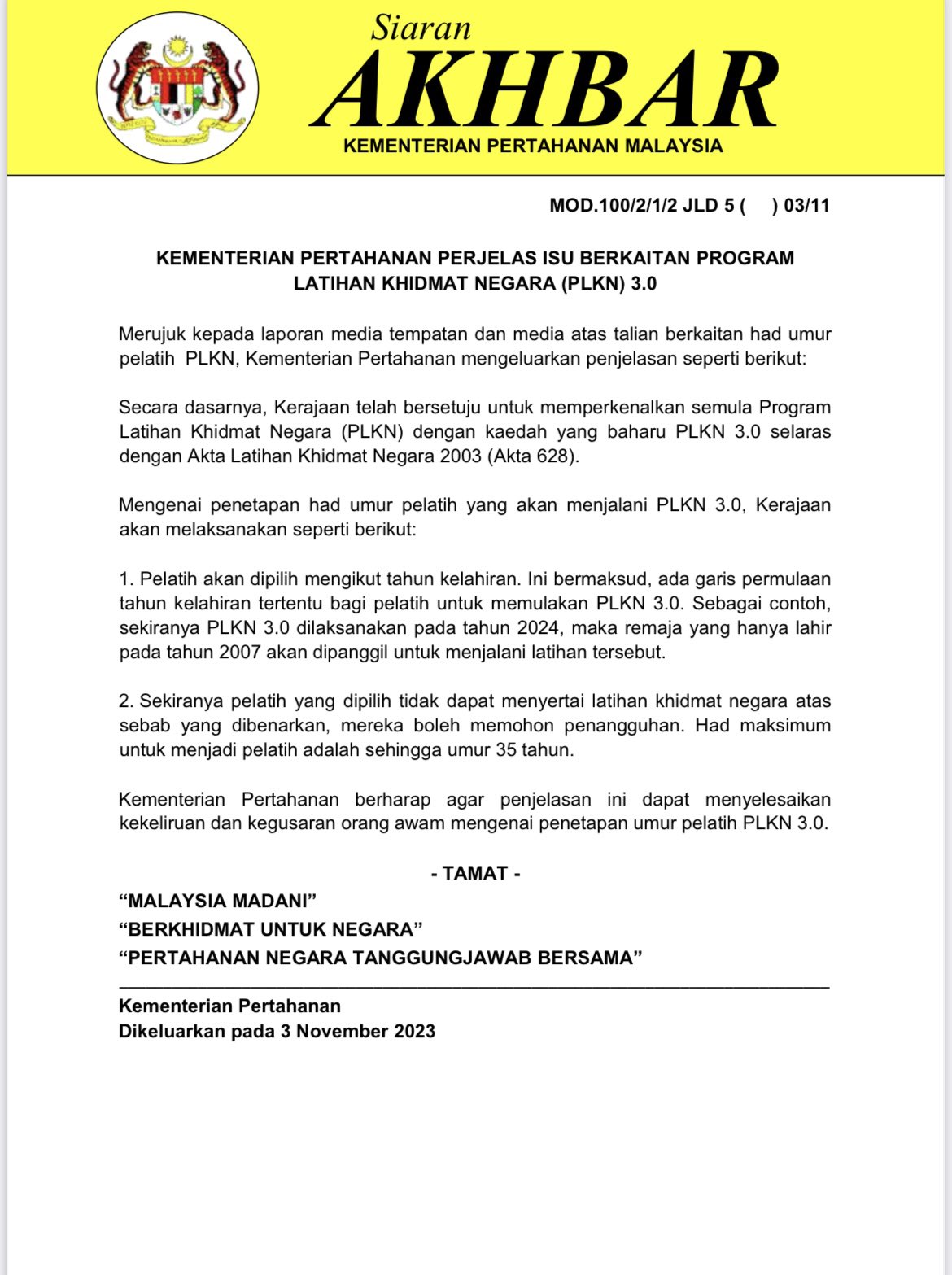
However, this issue has been clarified by the defence ministry as it stated trainees will be called up according to their year of birth, and that only teenagers will be enrolled when the programme commences again. For example, if PLKN is implemented in 2024, then only teens born in the year 2007 will be called up to participate in the programme. If trainees are not able to participate in the programme due to permitted reasons, they can request a deferment. In such cases, the maximum age to serve as a trainee is 35.
According to the Defense Minister Mohamad Hasan, the revised national service program is expected to have an annual cost to the government of less than RM100 million, significantly reduced from the previous annual expenditure of RM500 million.
Source: Ministry Of Defence
Follow us on Instagram, Facebook or Telegram for more updates and breaking news.


